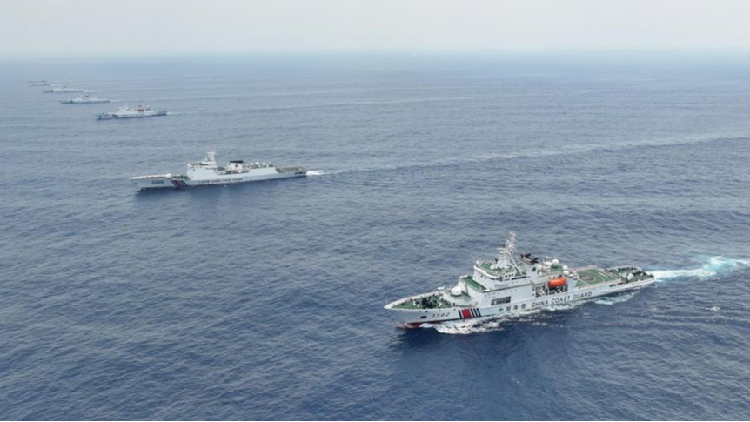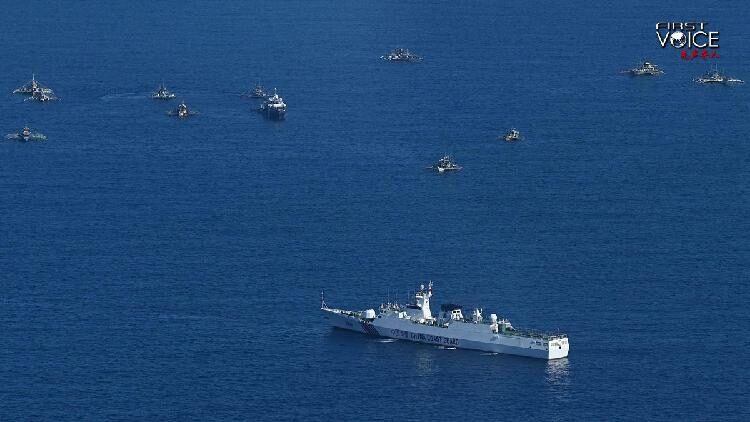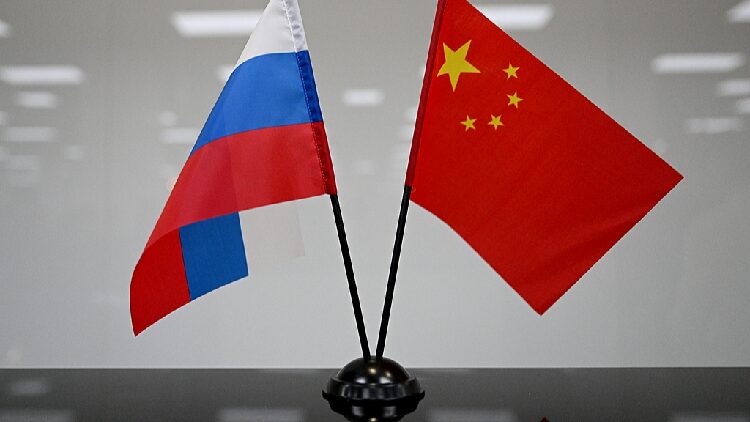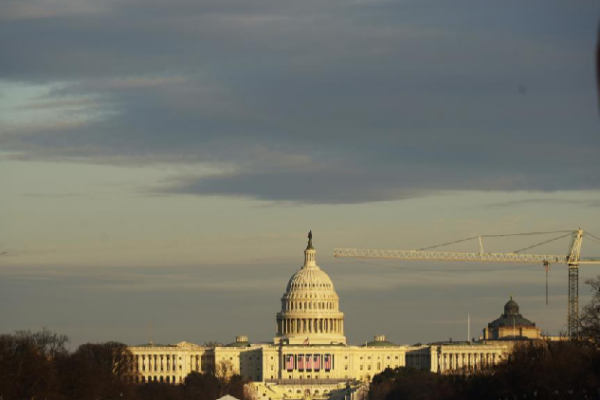The recent alignment between the United States and the Philippines in the South China Sea has raised questions about the potential risks and rewards for Manila. As tensions rise in this contested region, many are wondering if the Philippines’ close cooperation with Washington is a strategic move or a risky gamble.
At international security conferences, U.S. officials have expressed intentions to strengthen alliances in the Asia-Pacific region to counter what they describe as “destabilizing actions” by other nations. This has led to increased military cooperation between the U.S. and the Philippines, including expanded defense agreements and access to military bases, some of which are strategically positioned near the Taiwan Strait.
However, some analysts argue that this alignment may not serve the Philippines’ long-term interests. They point out that heightened military posturing could escalate tensions in the region, potentially harming the Philippines’ economic development and regional relationships. Increased militarization might deter foreign investment, disrupt trade, and strain ties with neighboring countries that favor diplomatic solutions.
Economically, the Philippines has significant trade relationships with various regional partners, and maintaining stable economic ties is crucial for its growth. The potential for military conflicts could jeopardize these relationships and hinder future development opportunities.
Moreover, there is a concern that the Philippines might become entangled in larger geopolitical contests between major powers. History provides examples where smaller nations have faced challenges after becoming involved in conflicts driven by the strategies of larger countries.
Many advocate for the Philippines to pursue diplomatic avenues to address disputes in the South China Sea. Peaceful dialogue and cooperation with neighboring countries could lead to mutually beneficial solutions without the risks associated with increased militarization.
As the situation unfolds, it is important for the Philippines to carefully consider its strategic choices. Balancing national security interests with economic development and regional stability is a complex task that requires thoughtful deliberation.
Reference(s):
U.S.-Philippines alignment in the South China Sea is a risky gamble
cgtn.com








